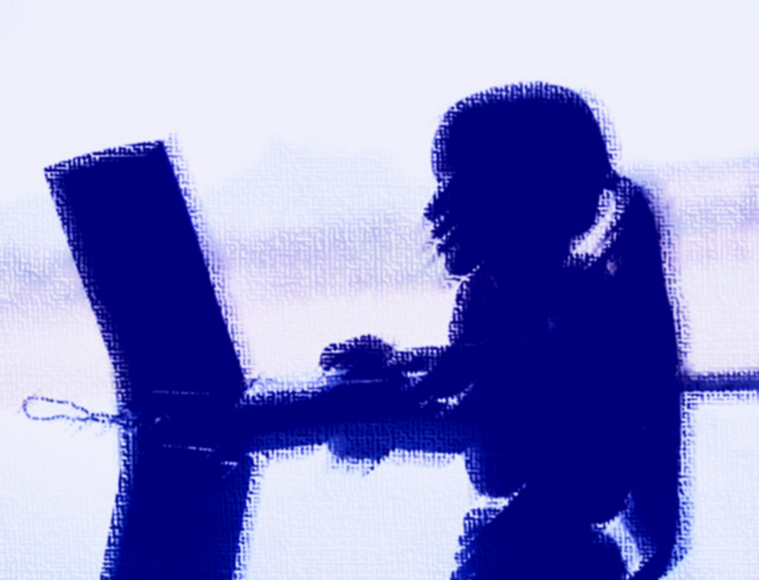Each year thousands of children and young people are sexually abused. This includes children who have been abducted and trafficked, or beaten, threatened or bribed into having sex online.

What is child sexual exploitation?
Child sexual exploitation is when people use the power they have over young people to sexually abuse them. Their power may result from a difference in age, gender, intellect, strength, money or other resources.
People often think on this issue as an organised crime and that only affects developing countries, but it is also the abuse in relationships that can involve exchange of gifts, housing, cigarettes or simply attention for sex.
With the involvement of technology in this aspect, 74% of first encounters happens in online chat rooms. Some children are “groomed” through “boyfriends” who then force the child or young person into having sex with associates.
Part of the challenge is that sometimes these children do not understand they are experiencing abuse
What is online “grooming”?
Online ‘grooming’ is where an adult sexual predator tries to lower someone’s inhibition, or develop some sort of relationship to gain trust and awake sex curiosity.
The main purpose of a predator would be to obtain sexual material through sextortion, which can maintain the person victimized for an undefined period of time, or meet the person to commit sexual abuse.
This can take place through social media, gaming sites, email, instant messaging programs, forums and chat rooms.

Who is at risk?
Predator will go after someone vulnerable, and in this case children are easy target. Children may make poor decisions about allowing people into their online lives. Teenagers are particularly at risk because they often use the computer unsupervised and in many occasions keen to participate on sexual talks with strangers.
Warning signs
-
You find pornography on your child’s computer. Online predators may send pornographic images in order to “normalise” their requests for pictures.
-
Your child is receiving or making calls to numbers that you don’t recognise.
-
Your child is spending an increasing and/or an excessive amount of time online.
-
Your child is receiving unexplained gifts (mobile phones or extra credit vouchers are common).
-
Your child is becoming withdrawn and there is a distinct change in their behaviour.
-
Your child is becoming more secretive in what they are doing online and is trying to “hide” what they are doing online.
-
There are people on your child’s “friends” list that you do not know and your child has never met offline.
Things to consider
Develop trust and confidence with your children is an important step, and be open to talk about their online lives without invading their privacy.
-
They can tell you about any problems they are having or if someone online makes them feel uncomfortable
-
It is OK to trust their instincts
-
If something feels odd or strange then it probably is
-
“Good friends” don’t make them do things that make them feel uncomfortable.
What to do if you suspect a child is being sexually exploited
Do not confront the suspected abuser as this could put the victim in danger. On the contrary seek for professional help, report the issue to your local authorities, children services or another organisation.
References:
https://www.nhs.uk/live-well/healthy-body/how-to-spot-child-sexual-exploitation/
http://www.education.vic.gov.au/Documents/about/programs/bullystoppers/smgrooming.pdf

